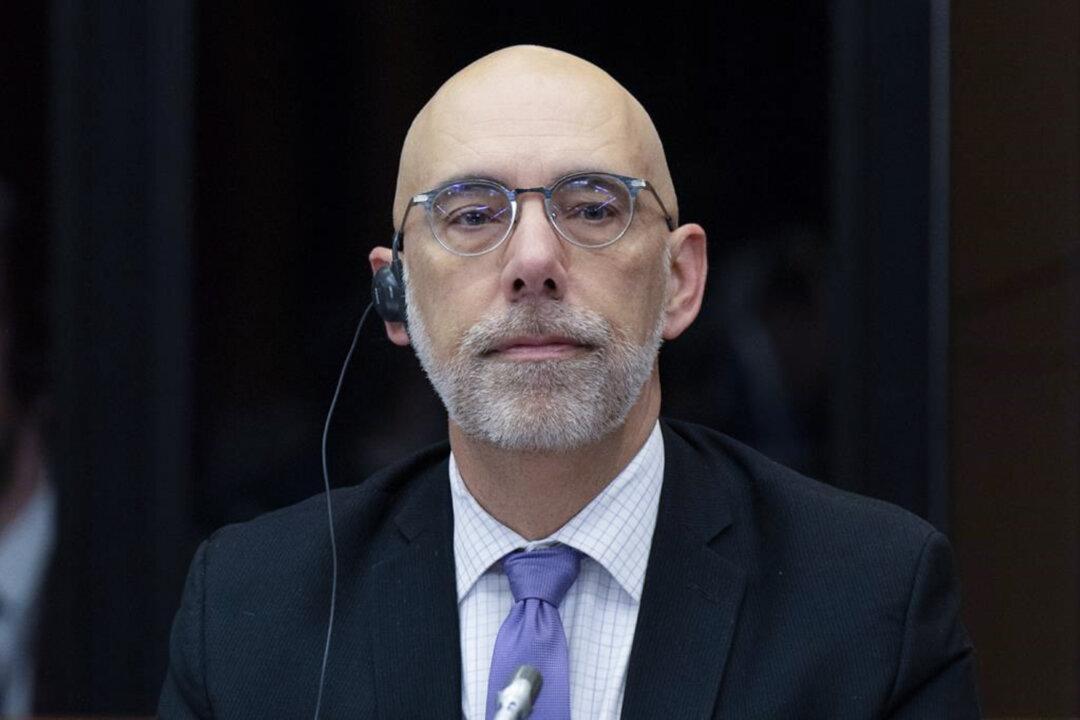The federal budget watchdog says it will cost $201 million over five years to maintain the bureaucracy created by the Liberal government’s Online Harms Act.
The Parliamentary Budget Officer (PBO) released the legislative costing note on July 4, examining projected expenses to operate the Digital Safety Commission, the Digital Safety Ombudsperson, and the Digital Safety Office.





